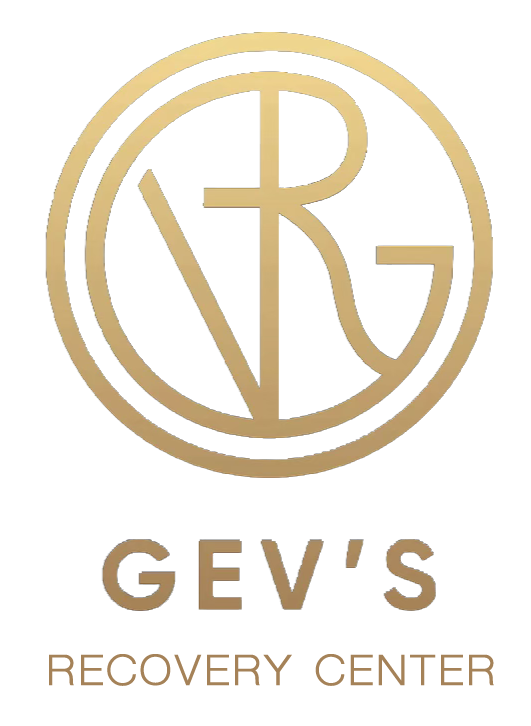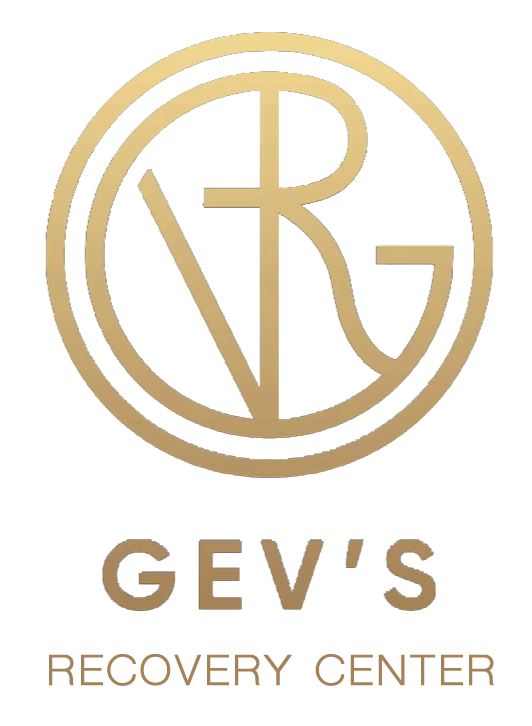Secure and Reliable Prescription Drug Detox Programs
At Gevs Recovery, our prescription drug detox program is designed to help individuals safely withdraw from prescription medications under medical supervision. Our facility provides a supportive and comfortable environment to ensure the detox process is as smooth and effective as possible.

The Prescription Drug Detox Process




1. Initial Assessment
Upon arrival, a comprehensive medical evaluation is conducted to understand your specific needs and create a personalized detox plan. This helps us provide the best care based on your history and current condition.
2. Managing Withdrawal Symptoms
Withdrawal symptoms can vary based on the type of prescription drug and the length of use. Symptoms can range from mild discomfort to severe reactions. Our medical team is equipped to manage these symptoms effectively, ensuring your safety and comfort throughout the process.
3. First 24 Hours
The first 24 hours are critical. During this time, symptoms such as anxiety, nausea, sweating, and irritability may appear. Our team provides constant monitoring and appropriate interventions to manage these symptoms effectively.
4. Days Two to Seven
As detox progresses, symptoms may peak and then gradually decline. This period can include muscle pain, insomnia, and mood swings. We offer full support to help you through this challenging time, ensuring you receive the care you need.
5. Post-Detox Support
After the initial detox phase, we focus on providing ongoing support to help you transition smoothly into long-term recovery. This includes continued therapy, support groups, and personalized aftercare plans to prevent relapse and promote sustained sobriety.
Ready for Prescription Drug Detox ?
Take the first step towards a healthier, sober life. Our team is here to provide the support and care you need to begin your recovery journey.
Prescription Drug Addiction in US
Prescription drug addiction is a significant public health issue in the United States, affecting millions of individuals across all demographics. Commonly abused prescription drugs include opioids, benzodiazepines, and stimulants, often initially prescribed for legitimate medical reasons. Treatment for prescription drug addiction typically involves a combination of medical detox, behavioral therapy, and support groups. Medical detox helps manage withdrawal symptoms safely, while therapy addresses the underlying psychological aspects of addiction. Ongoing support and aftercare are crucial to maintaining long-term sobriety and preventing relapse.


Treating Prescription Drug Addiction
Treating prescription drug addiction involves a comprehensive approach tailored to each individual’s needs. The process often starts with medical detoxification to safely manage withdrawal symptoms under professional supervision. Following detox, behavioral therapies, such as cognitive-behavioral therapy (CBT), are employed to address the psychological aspects of addiction and develop coping strategies. Support groups and counseling provide ongoing emotional support and help individuals build a network of peers in recovery. Additionally, medication-assisted treatment (MAT) may be used to reduce cravings and prevent relapse, ensuring a holistic approach to long-term sobriety.

